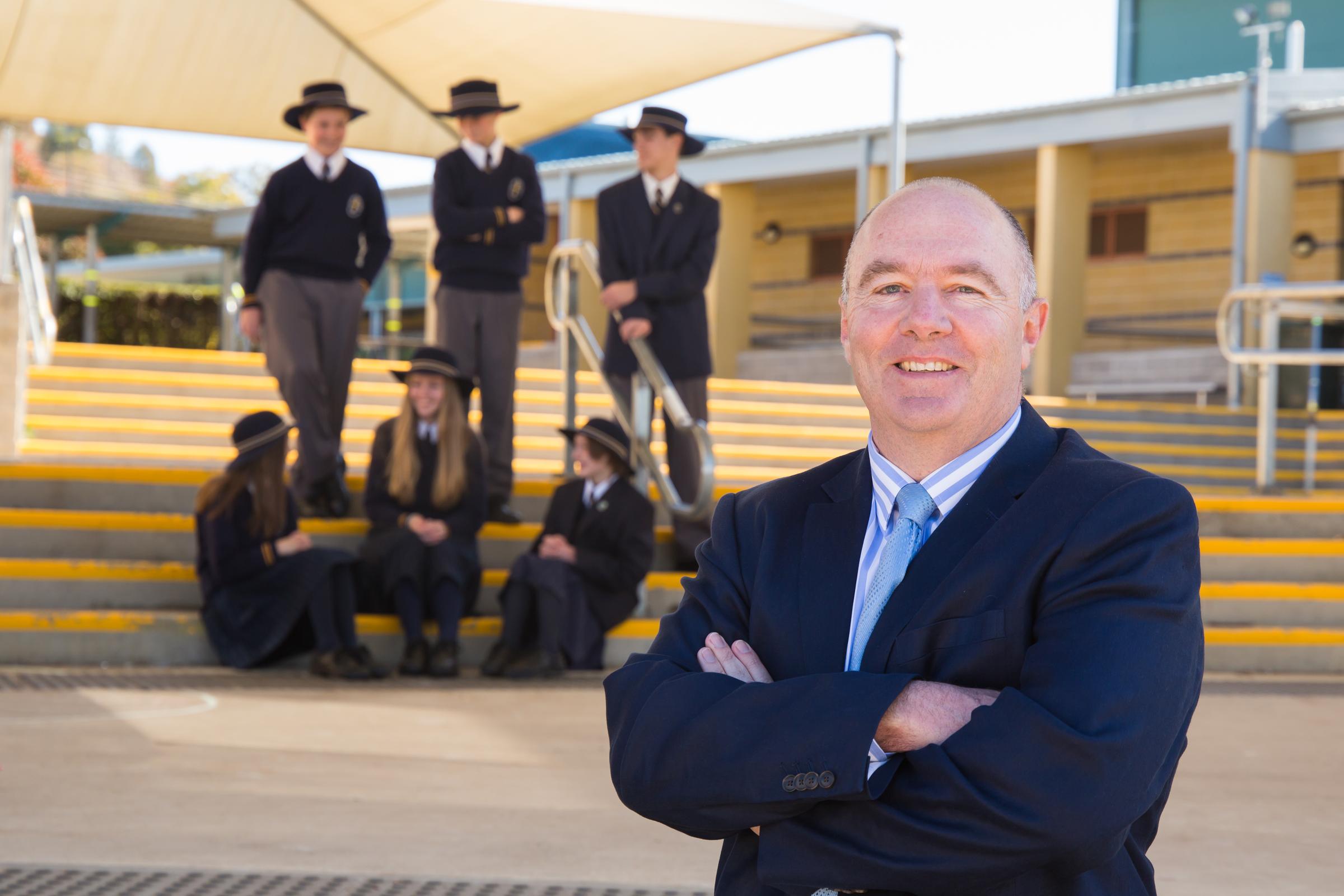Assistant Principal - Pastoral Care

Living Well, Learning Well
Central to a successful learning pathway is a strong school family partnership. Below is a Family School Partnership Agreement that families are asked to sign as a condition of new enrolment. This document is used at enrolment interviews to ensure that all parents fully understand the commitment that they are making when enrolling their child. It details how positive family school partnerships improve learning pathways for students. It leaves unsaid that a negative partnership increases the chances of an unsuccessful or less than successful educational pathway for students. Please talk up the benefits of learning, the importance of being part of a team and the imperative of seeking support when needed. If you feel that you are not in a positive partnership with the school, and wish to build that partnership, please contact me directly so we can move on this important work. Strong family school partnerships build successful learning pathways and increase life opportunities. Negative views of school at home damage life opportunities. Call me to tour the school and see the care and support offered in calm classroom settings if you suspect you have an outdated view of the nature of schools and learning.
Contact the College quickly if you have a concern. This contact is most effective by phone. Complex educational issues are rarely resolved by email and staff will request phone conversations or invite you to a meeting rather than the back and forth of email. Sensible adults, working in partnership, will always be able to improve learning, wellbeing and other desired outcomes for children and young people. Ideally, all families are supportive of their school and able to acknowledge the collective expertise of the staff in supporting productive learning and strong wellbeing support. When things don’t go as well as they could, positive partnerships allow a focus on what we can do to improve outcomes next time a similar set of circumstances arise, or when a similar challenge arises. I encourage you to contact the College quickly and directly if you have a concern. I urge you to be calm and considered, as staff will be with you. This sets an example to young people and reinforces that self-regulation skills, one of the core capacity groups for learning, serve people well when employed in the seeking of positive or improved outcomes.
Be familiar with the Code of Conduct, which applies to all who work or volunteer in Diocesan schools. Please consider holding yourself to a similar standard. The Diocesan Code of Conduct has been rewritten to better reflect our Student Support Framework, Living Well, Learning Well. There is an emphasis on reducing risks to safety, with child safety as first focus. There is a requirement for professional, courteous behaviour and an identification of inappropriate behaviours that place employment at risk. Staff will be professional and courteous in their interactions with you and I ask that you are courteous in your communications with staff. Staff place their position at risk if they use social media to disparage their school, colleagues or members of the school community, including parents, carers and students. Please hold yourself to the same standards. Sometimes our work to promote responsible and considerate social media use is undermined by inconsiderate adult modelling. Please don’t be this person.
Thank you in anticipation of your support for the College. It increases the number of students who have a successful year of learning, faith development and social-emotional development.
Mick Larkin
Assistant Principal - Pastoral Care
